#CITIZENSHIP
Explore tagged Tumblr posts
Photo

Laws regarding citizenship by descent in Europe
1K notes
·
View notes
Text
Include vacations, study abroad, living there permanently or semi-permanently, etc. If you LATER became a citizen of any of those places, include the time up until you became a citizen.
Anon has spent a lot of time living in places where they're not a citizen, and they're curious how many people share this experience!
–
We ask your questions so you don’t have to! Submit your questions to have them posted anonymously as polls.
#polls#incognito polls#anonymous#tumblr polls#tumblr users#questions#polls about the world#submitted may 29#citizenship#countries#geography#travel
2K notes
·
View notes
Text
"In a landmark move towards ending statelessness, Thailand’s cabinet has approved an accelerated pathway to permanent residency and nationality for nearly half a million stateless people, marking one of the region’s most significant citizenship initiatives.
The decision announced on Friday [November 1, 2024] will benefit 335,000 longtime residents and members of officially recognized minority ethnic groups, along with approximately 142,000 of their children born in Thailand.
“This is a historic development,” said Ms. Hai Kyung Jun, UN refugee agency (UNHCR) Bureau Director for Asia and the Pacific. The measure is expected to dramatically reduce statelessness, addressing the situation of the majority of nearly 600,000 people currently registered as stateless in the country.
Thailand’s commitment to eradicating statelessness has positioned the Government as a leader in addressing this humanitarian challenge, the agency said.
The country recently pledged at the Global Refugee Forum 2023 to resolve statelessness and was among the founding members of the Global Alliance to End Stateless, an initiative launched by UNHCR, the UN refugee agency, in Geneva last month...
UNHCR has expressed its commitment to continue working closely with the Royal Thai Government on the implementation of this groundbreaking decision and to ending statelessness overall."
-via United Nations News, November 1, 2024
#thailand#thai#migrants#refugees#stateless#united nations#asia#southeast asia#good news#hope#citizenship#nationality
634 notes
·
View notes
Text



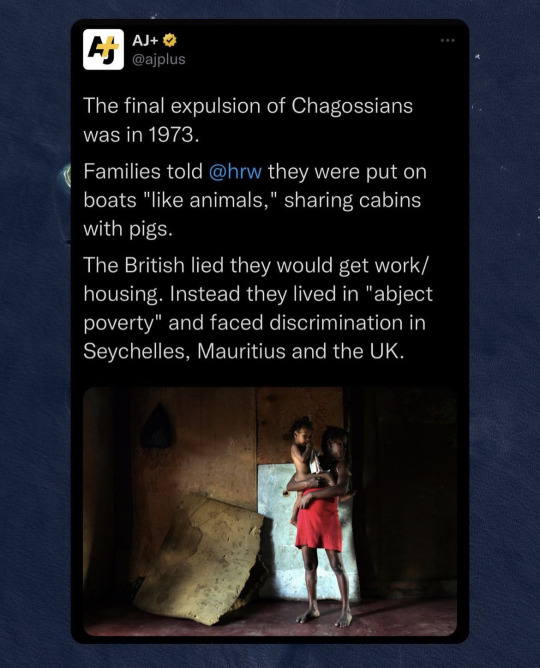


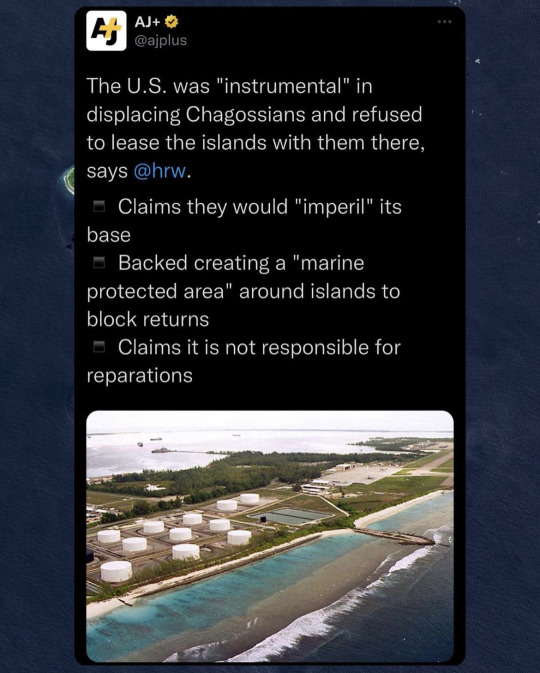


original instagram post
#reaux speaks#indigenous#bipoc#black lives matter#united kingdom#united states#human rights#chagos archipelago#chagossian#citizenship#mauritius
4K notes
·
View notes
Text
“Call me Ishmael” 🐳

Herman Melville's proof of American citizenship made at New Bedford, Massachusetts, immediately prior to his joining the crew of the whaler Acushnet. December 26, 1840.

128 notes
·
View notes
Text

111 notes
·
View notes
Text
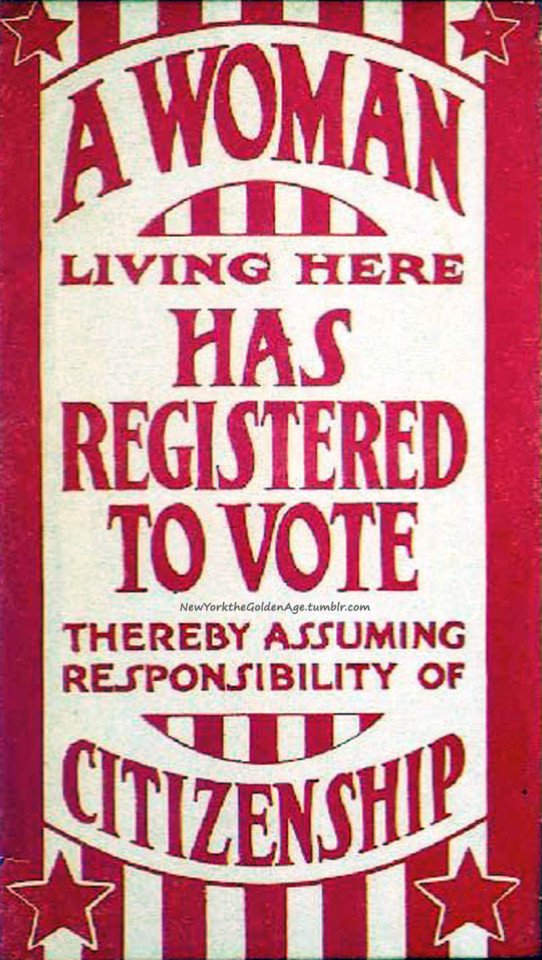
A window card from 1920, proclaiming that a newly-enfranchised woman had registered to vote.
Photo: NYC Municipal Archives
#vintage New York#1920s#19th Amendment#women's suffrage#female suffrage#poster#right to vote#voter registration#citizenship
980 notes
·
View notes
Text
To @porshaolayiwola thank you for this. Our names are sacred. Our names are songs. Our names are declarations and prayers. This is one of those micro-aggressions that ain’t so micro. It needs to stop. As @uzoaduba said when she told a story about wanting to shorten her name, her mother replied “if they can learn to say Tchaikovsky or Dostoyevsky,” they can learn to say your name.
#Black names#history#white ignorance#civil war#freed slaves#last names#citizenship#family reunion#slavery#03042024
246 notes
·
View notes
Text

Thanks Rebecca Solnit
56 notes
·
View notes
Text
It's long past time for America to either grant its territories greater autonomy, or statehood (the choice, of course, should be left to the residents of those territories).
Territories of mostly non-white people with second class citizenship are a relic of the colonial past.
Personally, I hope for statehood. I think Old Glory would look pretty damn fine with 56 stars!
FYI, the current populations of the US territories (plus DC) which do not have statehood, and what their Congressional representation would be, is (approximately) as follows:
Puerto Rico: 3, 239, 985 people. Four Congressional Representatives, 2 Senators.
DC: 689, 545 people. 1 Congressional Representative, 2 Senators.
Guam: 168,171 people. 1 Congressional Representative, 2 Senators.
American Samoa: 46,531 people. 1 Congressional Representative, 2 Senators.
Northern Mariana Islands: 44,044 people. 1 Congressional Representative, 2 Senators.
US Virgin Islands: 84,656 people. 1 Congressional Representative, 2 Senators.
Population is obviously approximate, as it changes daily. These are simply the first numbers that came up on Google when I searched today, Sunday evening on October 27th 2024.
The US currently has approximately 1 Congressional Representative per 747,000 people, and every state gets two Senators.
It has been argued that certain territories are too small to be states. However Puerto Rico's population outnumbers the states of Nevada, Arkansas, Kansas, Mississippi, New Mexico, Nebraska, Idaho, West Virginia, Hawaii, New Hampshire, Maine, Montana, Rhode Island, Delaware, South Dakota, North Dakota, Alaska, Vermont, and Wyoming, per Wikipedia. DC outnumbers Vermont and Wyoming.
Guam, U.S. Virgin Islands, American Samoa, and Northern Mariana Islands are smaller by population than any current state. However, some historic states were smaller than at least some of these when they joined.
#US#Politics#US Territories#Colonialism#Citizenship#Voting Rights#Puerto Rico Statehood#DC Statehood#Guam Statehood#American Samoa Statehood#US Virgin Islands Statehood#Northern Mariana Islands Statehood
65 notes
·
View notes
Photo
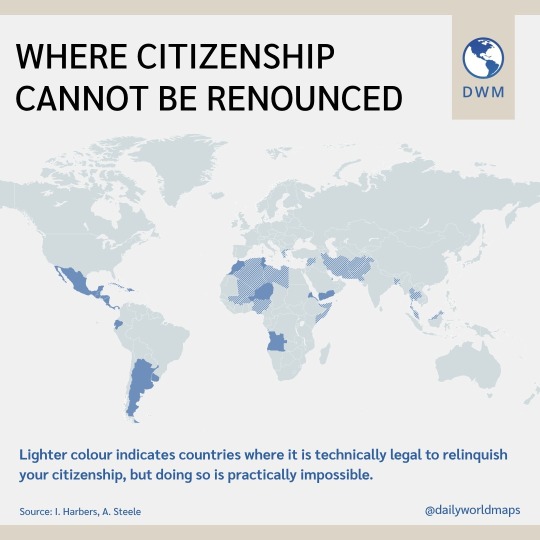
Countries Where You Cannot Give Up Your Citizenship
by dailyworldmaps
Lighter colour indicates countries where it is technically legal to relinquish your citizenship, but doing so is practically impossible. In Malaysia, Pakistan & The Bahamas, you must be older than 21 to relinquish your citizenship.
221 notes
·
View notes
Text

Philippians 3:20 (NKJV) - For our citizenship is in heaven, from which we also eagerly wait for the Savior, the Lord Jesus Christ,
221 notes
·
View notes
Text

Documented.
#sarcasm#sarcastic#humor#dark humor#memes#funny stuff#haha#lol#funny post#funny memes#life tips#life#lifestyle#life quotes#life lessons#life is strange#understanding#thought#emotions#meaning#kindness#wisdom#knowledge#happiness#patience#citizenship#illegal aliens
59 notes
·
View notes
Text

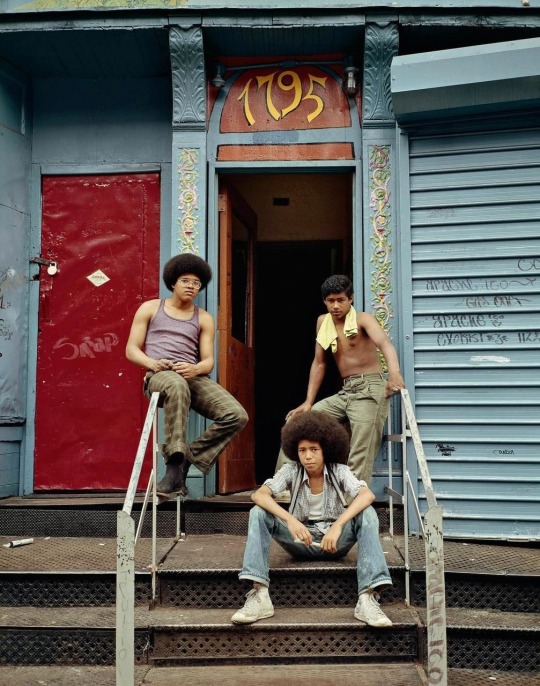
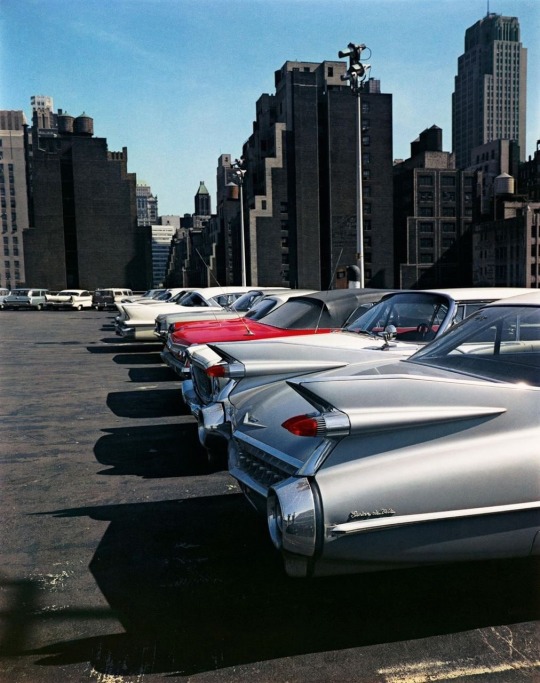
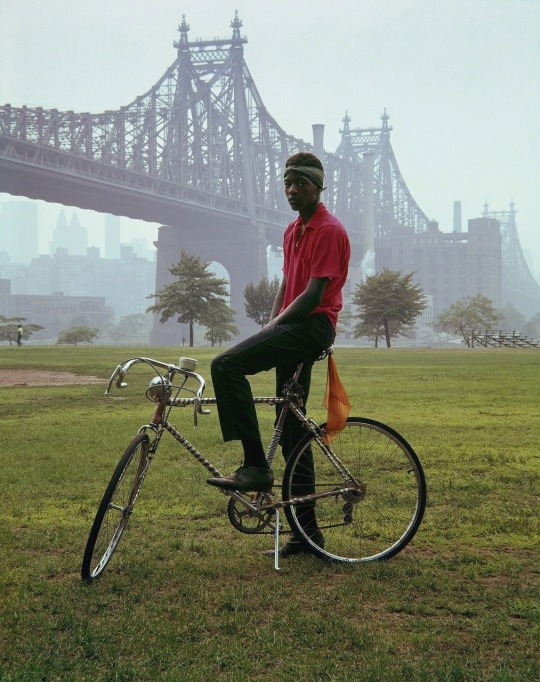
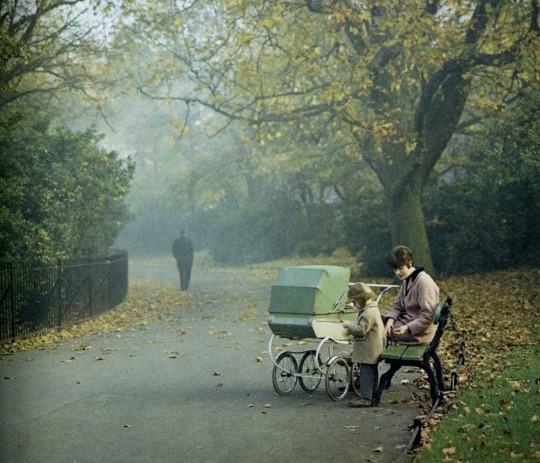


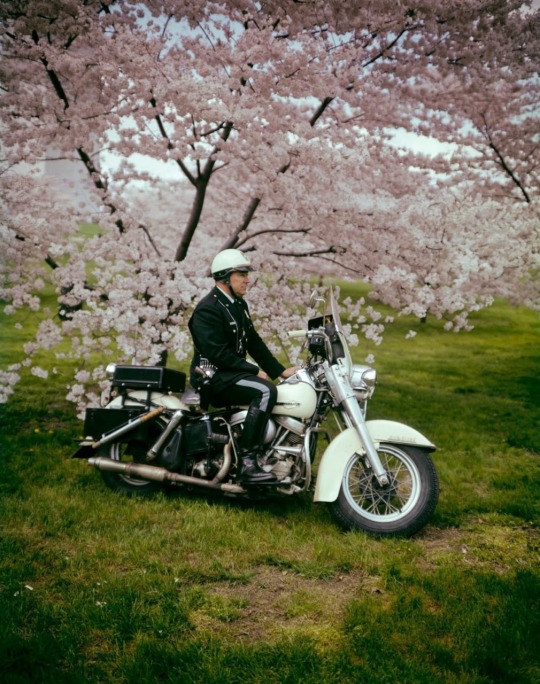

𝙻 𝚘 𝚟 𝚎 📷
New York and London 60-80s in the photo by Evelyn Hofer 🇺🇸 🇬🇧
Evelyn Hofer (* January 21, 1922, Marburg an der Lahn; † November 2, 2009 in Mexico City) was a photographer of German descent who later took on Mexican and American citizenship. Over decades, Hofer created a body of work that independently developed the tradition of August Sander's conception of images and also used color photography early on. Hilton Kramer, art critic for the New York Times, called Hofer "America's most famous 'unknown' photographer."
#photography #photooftheday #photo #photographer #photoshoot #nature #picoftheday #love #naturephotography #travel #photographylovers #beautiful #travelphotography #art #landscape #godsowncountry #portrait #photos #portraitphotography
Matter of Time by Sharon Jones & The Dap-Kings 🎧
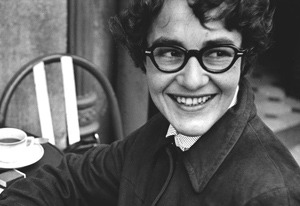
#l o v e#post of the day#evelyn hofer#soul photography#5/2024#female artists#photographer#color photography#vintage#1960s#1980s#nostalgia#underrated#passion#photography#citizenship#marburg#new york#London#culture#sub culture#aesthetic#storytellers#photo jouralism#x-heesy#now playing#music and art#contemporaryart#1970s#📷
142 notes
·
View notes
Text
Zero waste isn't just about trying not to create extra waste, it's about not wasting the things you have.
If you live in the United States and are of majority age, you have the right to vote.
Don't fucking waste it.
#VoteKamala

#vote kamala#vote harris#vote blue#vote biden#vote democrat#please vote#vote#just fucking vote#united states#America#citizenship#zero waste#sustainable#environment#sustainability#i mean seriously if you give two shits about the environment and the people in it#vote for the woman that's going to try to keep it safe#not for the man actively trying to destroy it#politics#i know this isn't a political blog#i don't give a shit#fight me
52 notes
·
View notes
